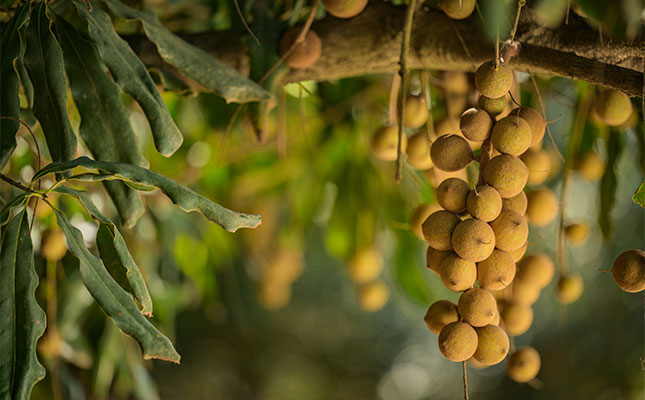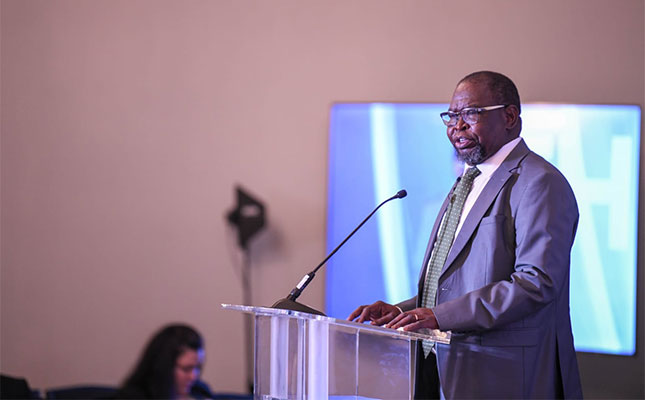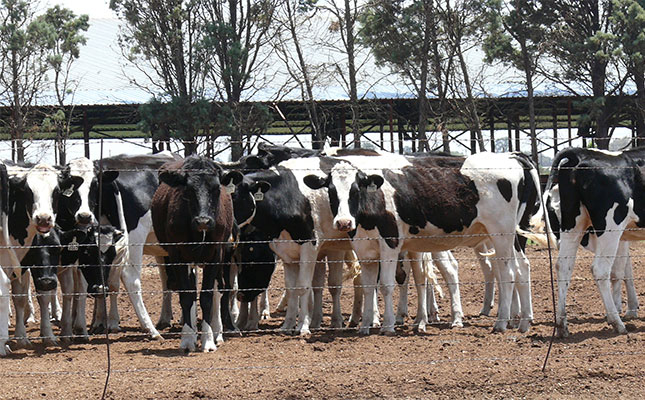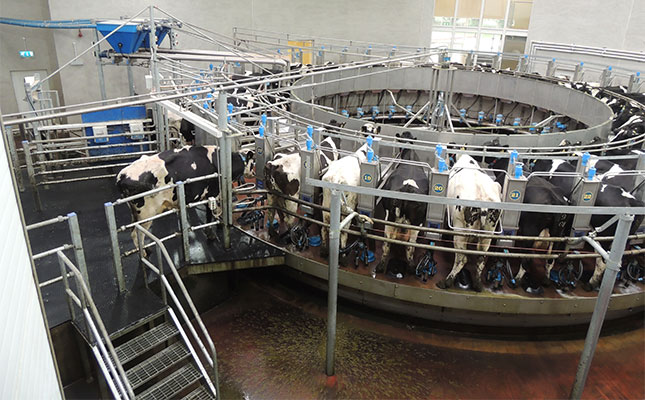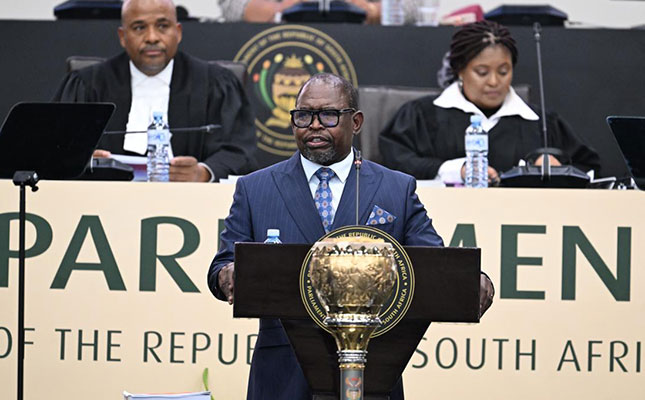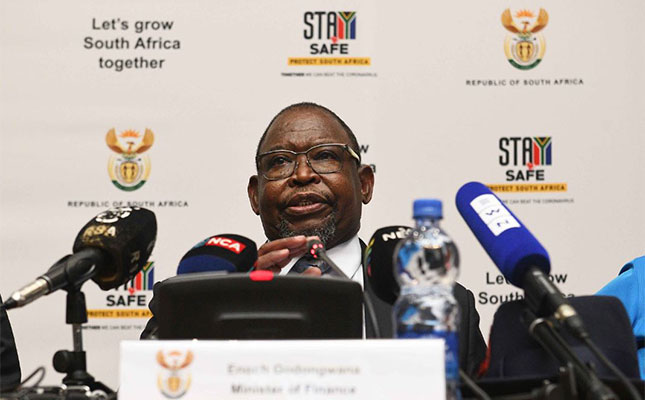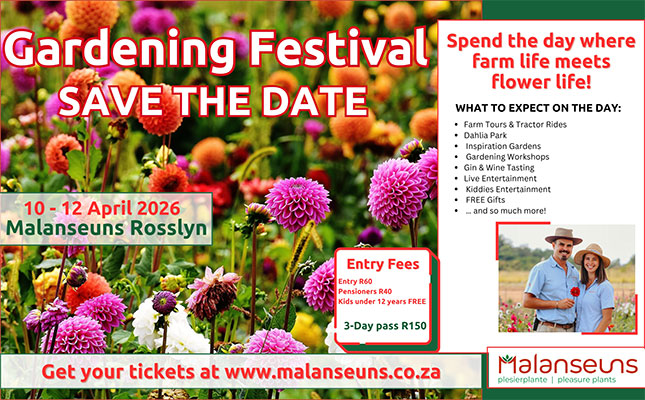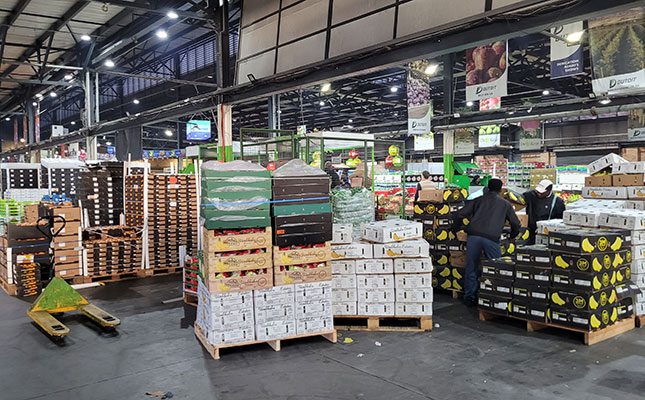
At a session about the value of South Africa’s fresh produce markets, speakers noted that this system created a stable, commercial foundation for South African producers. It was however crucial that the markets prioritised infrastructure maintenance, and kept up with the times.
READ Public-private partnership a boon for Limpopo citrus
Sello Makhubela, CEO of the Joburg Market, admitted that the Joburg market had fallen behind due to a lack of meaningful infrastructure upgrades.
“This has led to mounting competition from private sector players. If we don’t upgrade our infrastructure, we will go out of business.”
He noted that upgrading infrastructure to meet legislative requirements around food safety would be a focus going forward.
“We need to provide the facilities to maintain the cold chain, and the new strategy will therefore include significant new cold rooms and ripening rooms. We want a clean, safe, smart, innovative and efficient market.”
Joburg Market was also in the process of establishing a meat, fish and flower market on its premises. Agro-processing facilities would also be developed in future.
Emphasising the importance of keeping the produce markets thriving in South Africa, Jaco Oosthuizen, CEO of the RSA Group, said that they provided a platform for 8 000 producers to transact daily.
“There is authentic price discovery 365 days a year. These prices are used by all the different marketing channels, creating a transparent, trusted pricing system. This trust isn’t a feeling, it is the manifestation of the system.”
He noted that the agent model used in South Africa, where agents are entrusted with selling farmers’ produce for a commission, was the catalyst that made the open market system successful.
“This system is replicable, creating an environment that enables growth, not just survival.”
READ Global conference delegates experience vibrance of Joburg market
He gave the example of RSA Group’s establishment of a fresh produce market in Mooketsi, Limpopo in 2014. Within 10 years, another seven markets were added in previously under serviced areas, actively serving 78 000 buyers annually.
“Farmers and buyers in these areas previously had no access to a market. By using the agent model, and an open market system, we could establish these markets at no cost to the state.”
Speaking about the importance of taking a multiple channel approach, João Tiago Carapau, general manager of SIMAB, the public company that runs Portugal’s wholesale markets, said that this was important to leverage both physical and online markets for best outcomes.
“An omni-channel strategy is crucial because it provides us with an overarching approach that does not exclude anyone from the market.”
He said that while there was an increasing trend towards online trading, these sales were supported by the physical markets.
“Traders use physical markets to test new products, especially those that have been imported. If they fare well, the sales can be moved online. Physical trading is essential to building relationships and trust between traders.”

